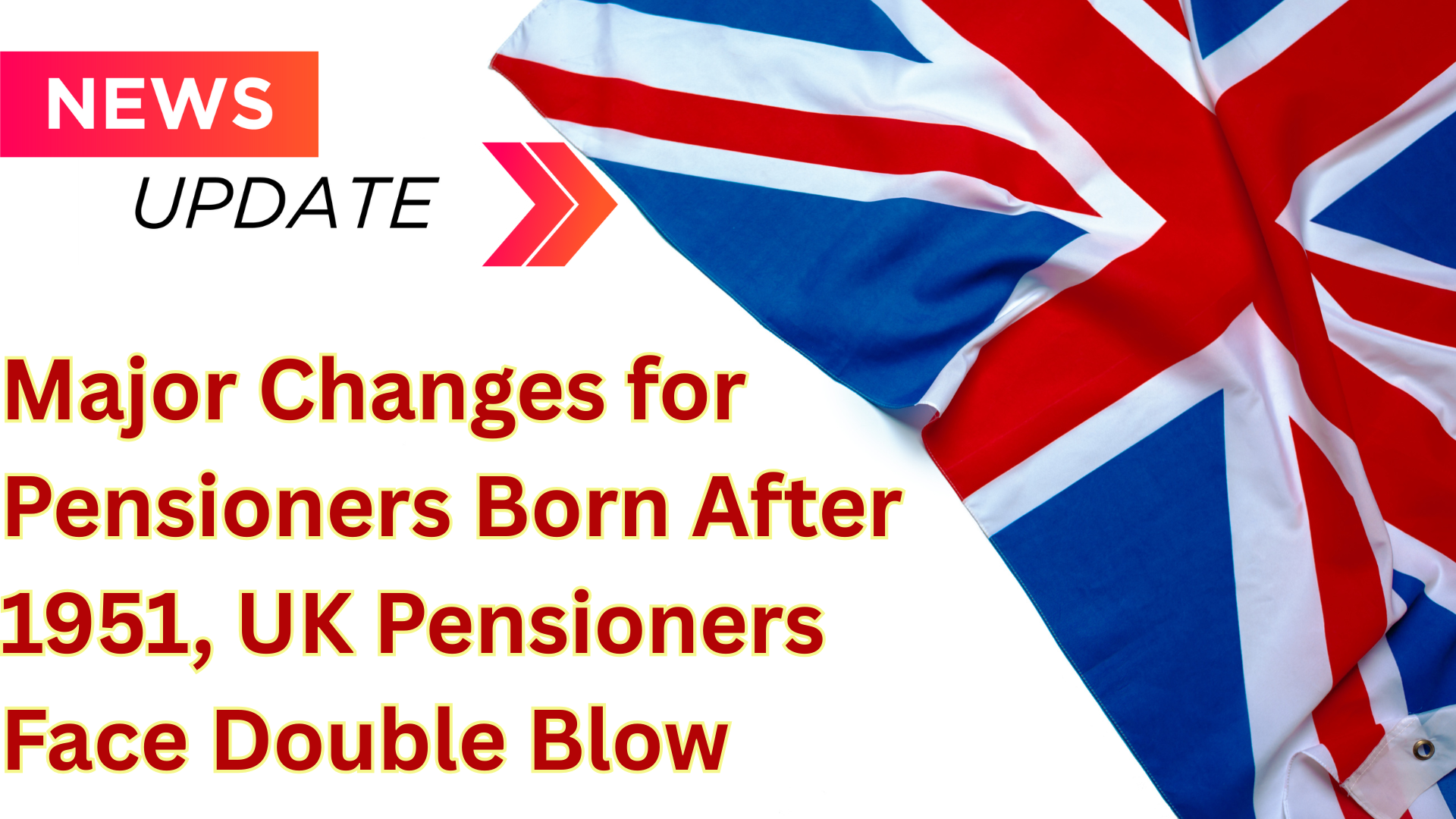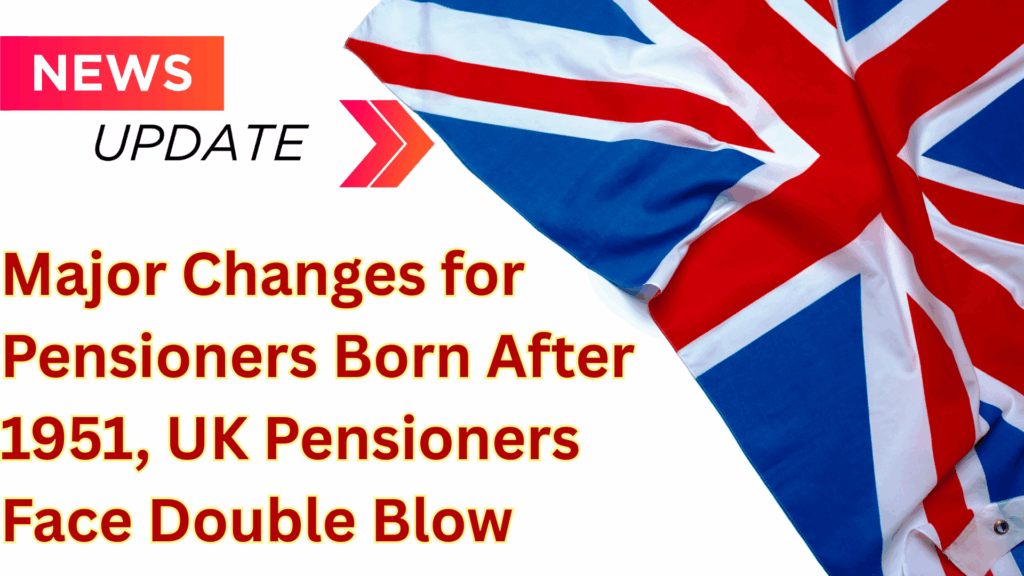Millions of older Britons are now facing a one-two punch as Major Changes for pensioners born after 1951 make UK pensioners face a double blow. As it reshapes both their state pension entitlements and tax liabilities in ways that could shrink take-home income.
Major Changes for Pensioners Born After 1951
A broad swathe of UK retirees born between 1952 and 1960 will feel the impact of two simultaneous policy shifts. First, decades-old “contracted-out” National Insurance years are being reassessed, reducing some people’s state pension amounts. Second, frozen tax allowances are forcing more pension income into taxable brackets, increasing the amount of tax paid on rising pension benefits.
What Is the Contracted-Out Adjustment?
From 1978 until 2016, many employees paid lower National Insurance contributions in exchange for workplace or personal pensions that contracted them out of the Additional State Pension (formerly known as SERPS). Under the new interpretation, the Department for Work and Pensions (DWP) has tightened the rules around how those contracted-out years count, often deducting more from final pension calculations than in past forecasts.
Pensioners born between 1952 and 1955 are most likely to have spent significant working years in contracted-out schemes, meaning they stand to lose the most from these recalculated deductions. Someone who expected a full new state pension of about £236.90 per week could see reductions of £10–£20 weekly, depending on their employment history and length of contracting-out.
How the Tax Allowance Freeze Hits Pensions
Since 2021, the government has frozen the personal tax allowance—the threshold of income you can earn each year tax-free—at £12,570. Meanwhile, state pensions continue to rise under the triple lock (linked to inflation or wage growth). As pension payments increase, a growing number of retirees find themselves paying income tax on more of their pension.

For example, a retiree receiving the new state pension (£236.90/week or £12,319/year) plus the full basic pension (£181.40/week or £9,443/year) has a total pension income of £21,762 annually. Under the frozen allowance, £9,192 of that income becomes taxable, resulting in an unexpected tax bill of over £1,800 each year—something that would not have happened before the freeze.
Who Will Feel the Double Impact Most?
| Birth Cohort | Contracted-Out Losses | Tax Impact Severity |
|---|---|---|
| 1952–1955 | High | Moderate |
| 1956–1960 | Moderate | High |
Early-1950s retirees face the biggest pension cuts, whereas those at the later end of the cohort wrestle more with increased tax burdens.
Steps to Soften the Financial Blow
Although these policy changes cannot be reversed, pensioners can take several proactive measures to protect their incomes:
- Check Your State Pension Forecast
Request a full forecast from the government to see your projected payments and spot any gaps or unexpected deductions in your National Insurance record. - Make Voluntary National Insurance Top‑Ups
If your forecast shows years where you paid reduced contributions or none at all, you may be able to purchase Class 3 voluntary contributions to boost your state pension. - Explore Tax‑Planning Strategies
Consulting an independent tax adviser can reveal ways to spread income across tax years, use pension deferral, or employ income-splitting techniques with a spouse to minimize liability. - Assess Pension Credit Eligibility
Pension Credit can top up low incomes and protect against the tax allowance freeze. Even a small additional income can help you qualify for this means-tested benefit.
Is Any Relief Forthcoming?
Pensioner advocacy groups have lobbied for a raise in the personal allowance for pensioners and for a reconsideration of contracted-out deductions, but the government has so far offered no guarantees. Budget announcements and autumn statements are the most likely vehicles for any future relief measures.
Preparing for Future Policy Shifts
UK pension and tax policy evolves each year. Retirees born after 1951 should:
- Monitor HM Revenue & Customs and DWP updates, especially around spring budgets.
- Please review any official communications regarding changes to National Insurance records.
- Stay in touch with financial and tax professionals to adjust plans as new rules emerge.
By staying informed and taking early action, pensioners can mitigate the impact of these double changes and protect their retirement income.
Thank you for reading and taking charge of your financial future.





